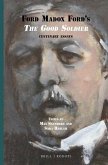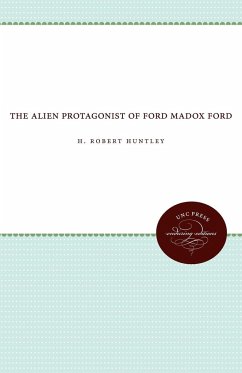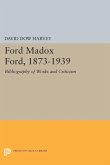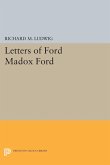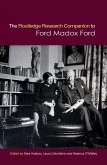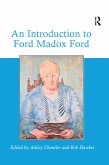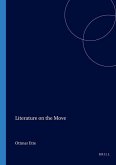The controversial British writer Ford Madox Ford (1873-1939) is increasingly recognized as a major presence in early twentieth-century literature. The book series, International Ford Madox Ford Studies, has been founded to reflect the recent resurgence of interest in Ford's life and work. Each volume will normally be based upon a particular theme or issue. Each will relate aspects of Ford's work, life, and contacts, to broader concerns of his time. Ford is best-known for his fiction, especially The Good Soldier, long considered a modernist masterpiece; and Parade's End, which Anthony Burgess described as 'the finest novel about the First World War'; and Samuel Hynes has called 'the greatest war novel ever written by an Englishman'. However, critics of Edwardian and Modernist literature have been increasingly turning to Ford's brilliant 1905 experiment in Impressionism, The Soul of London, as an exemplary text. Ford Madox Ford and the City assembles fourteen pioneering essays, by new as well as established European and American scholars, exploring Ford's representations of real and ideal cities, across the full range of his work, from his earliest verse, to his post-war prose and poetry of the 1920s and 1930s. The volume is divided into three sections. The first focuses on his changing views of London, with The Soul of London taking pride of place. The second concentrates on the other great cities Ford lived and worked in - Paris and New York - as well as considering the role of the virtual or fantasy city. Besides reflecting new developments in research on Ford, the collection represents a significant contribution to studies in Modernism, literature and the city, Englishness and nationality. It concludes with three masterly essays by Ford himself - two of them published here for the first time - on cities he visited during his travels through America in the 1930s: Boston, Denver and Nashville.
Hinweis: Dieser Artikel kann nur an eine deutsche Lieferadresse ausgeliefert werden.
Hinweis: Dieser Artikel kann nur an eine deutsche Lieferadresse ausgeliefert werden.


